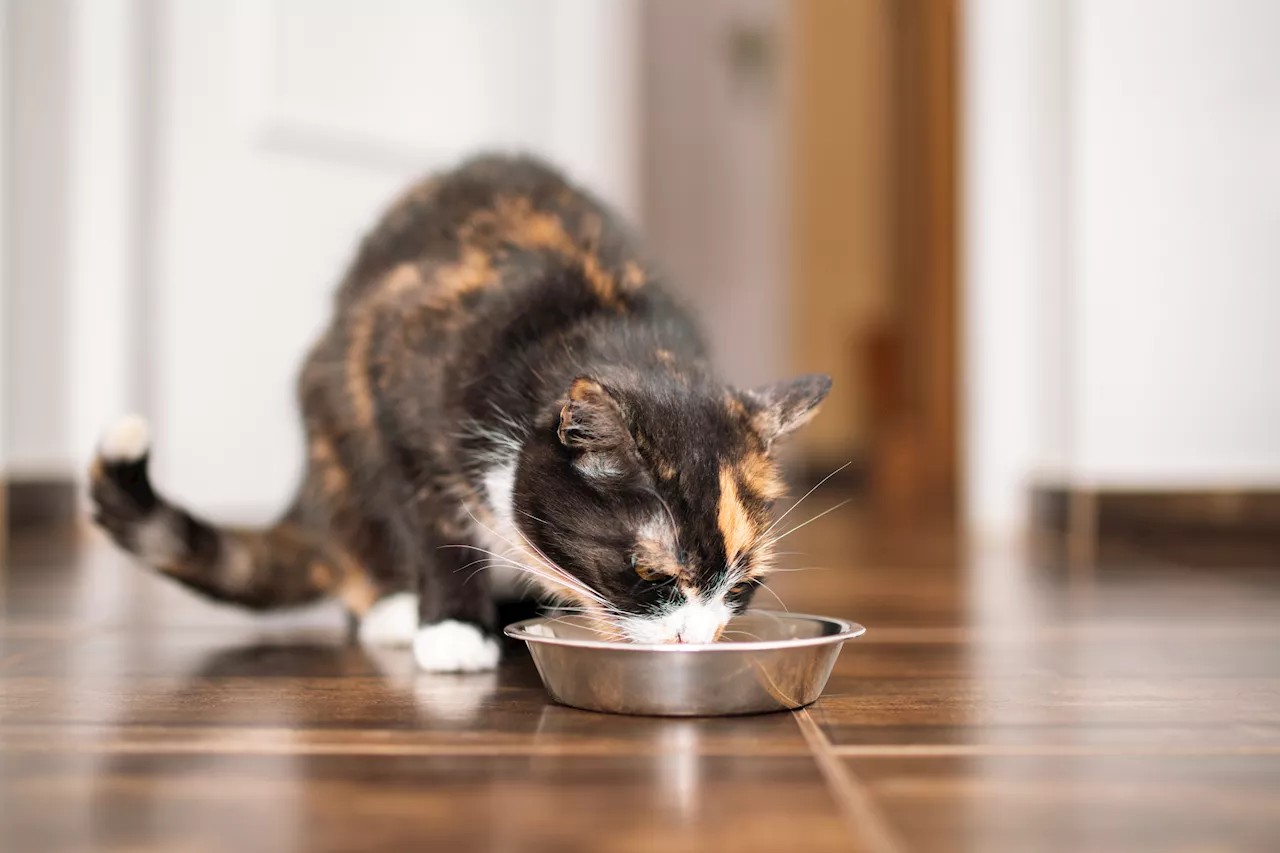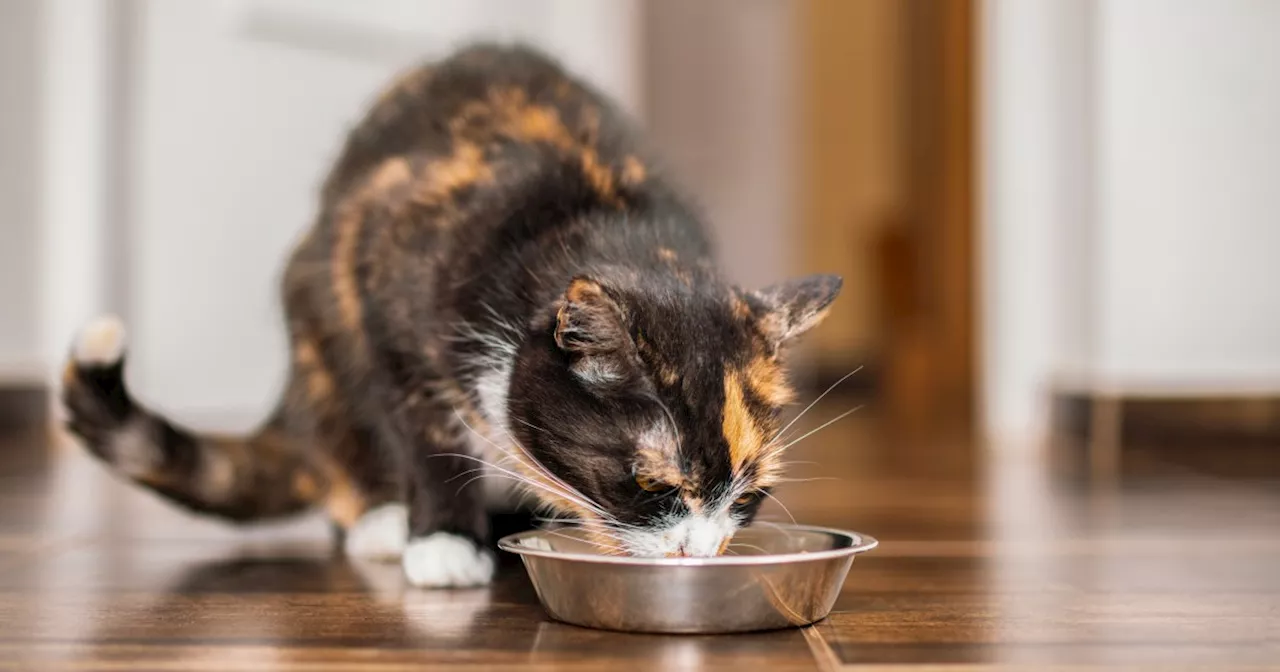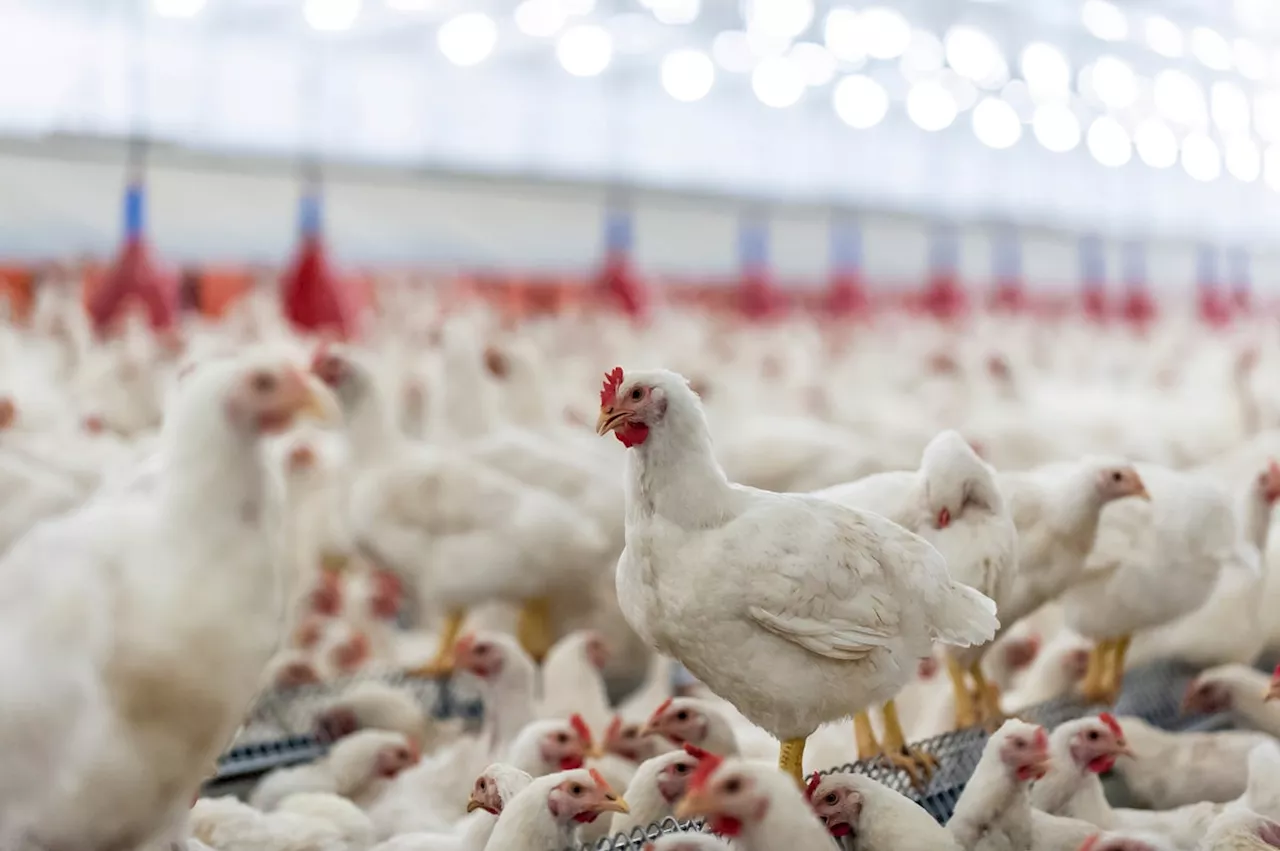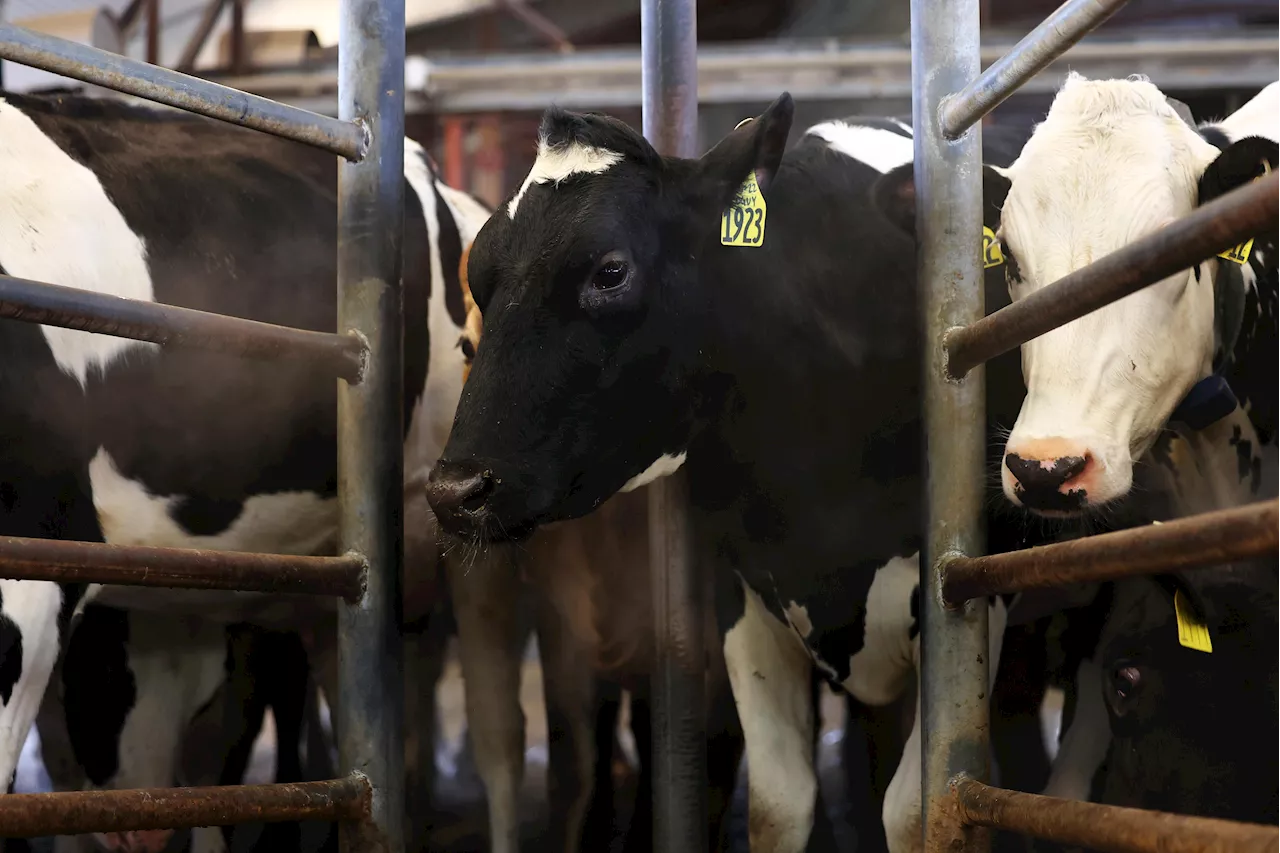The FDA has issued a warning to pet food companies, urging them to source ingredients from healthy animals and utilize heat treatment to inactivate the H5N1 avian influenza virus. The agency also advises pet owners to cook raw pet food to minimize the risk of transmission. H5N1 infections have been detected in both domestic and feral cats, primarily through contaminated raw milk or pet food.
The FDA recently advised pet food companies to source ingredients from healthy animals and use processes such as heat treatment to inactivate any
, so we encourage consumers to carefully consider the risk of this emerging pathogen before feeding their pets uncooked meat or an uncooked pet food product.”has spread to birds in every U.S. state since 2022, and cats appear especially vulnerable to the virus. Infections have been found in both domestic and feral cats, with some falling sick after consuming contaminated raw milk or pet food.
Experts at the FDA and American Veterinary Medical Association agree that cooking pet food is a great way to ensure safety.
Avian Influenza H5N1 Pet Food Safety Public Health
United States Latest News, United States Headlines
Similar News:You can also read news stories similar to this one that we have collected from other news sources.
 FDA Advises Pet Food Companies to Take Precautions Against Bird FluThe FDA recommends pet food manufacturers take extra precautions to prevent bird flu contamination in raw pet food and milk. Cats appear particularly vulnerable to the H5N1 virus, with numerous cases of illness and death reported since the outbreak began in 2022. While the FDA's guidance is voluntary, it suggests sourcing healthy ingredients and using heat treatment to inactivate viruses. Experts emphasize that cooking is the most effective way to ensure pet food safety.
FDA Advises Pet Food Companies to Take Precautions Against Bird FluThe FDA recommends pet food manufacturers take extra precautions to prevent bird flu contamination in raw pet food and milk. Cats appear particularly vulnerable to the H5N1 virus, with numerous cases of illness and death reported since the outbreak began in 2022. While the FDA's guidance is voluntary, it suggests sourcing healthy ingredients and using heat treatment to inactivate viruses. Experts emphasize that cooking is the most effective way to ensure pet food safety.
Read more »
 FDA Advises Pet Food Companies to Combat Bird Flu RisksThe FDA has issued guidance to pet food companies urging them to implement measures to prevent the contamination of pet food with the H5N1 bird flu virus. The move follows recent cases of cat illnesses and deaths linked to raw pet food or raw milk contaminated with the virus. The FDA recommends sourcing ingredients from healthy flocks and herds, and using heat treatments to inactivate viruses in pet food.
FDA Advises Pet Food Companies to Combat Bird Flu RisksThe FDA has issued guidance to pet food companies urging them to implement measures to prevent the contamination of pet food with the H5N1 bird flu virus. The move follows recent cases of cat illnesses and deaths linked to raw pet food or raw milk contaminated with the virus. The FDA recommends sourcing ingredients from healthy flocks and herds, and using heat treatments to inactivate viruses in pet food.
Read more »
 Bird Flu Threatens Cats: FDA Advises Pet Food Companies on Safety MeasuresThe spread of H5N1 bird flu has raised concerns about the health of cats, prompting the FDA to issue guidance to pet food companies and warnings to pet owners. Cats appear particularly vulnerable to the virus, with numerous cases reported nationwide. The FDA recommends heat treatment and strict sourcing practices for pet food manufacturers to mitigate the risk, while advising pet owners to thoroughly cook raw pet foods.
Bird Flu Threatens Cats: FDA Advises Pet Food Companies on Safety MeasuresThe spread of H5N1 bird flu has raised concerns about the health of cats, prompting the FDA to issue guidance to pet food companies and warnings to pet owners. Cats appear particularly vulnerable to the virus, with numerous cases reported nationwide. The FDA recommends heat treatment and strict sourcing practices for pet food manufacturers to mitigate the risk, while advising pet owners to thoroughly cook raw pet foods.
Read more »
 H5N1 Avian Influenza Continues to Spread in the USThe H5N1 avian influenza outbreak continues to affect poultry, dairy cows, and humans in the United States. The article provides an update on the situation as of January 23, 2024, highlighting key points such as the spread among poultry flocks, confirmed human cases, and detections in domestic cats. It also discusses the challenges in monitoring the virus and the different agencies involved in its response.
H5N1 Avian Influenza Continues to Spread in the USThe H5N1 avian influenza outbreak continues to affect poultry, dairy cows, and humans in the United States. The article provides an update on the situation as of January 23, 2024, highlighting key points such as the spread among poultry flocks, confirmed human cases, and detections in domestic cats. It also discusses the challenges in monitoring the virus and the different agencies involved in its response.
Read more »
 H5N1 Avian Flu Patient in Louisiana Shows Virus Mutations Suggesting Human AdaptationA Louisiana resident infected with H5N1 avian influenza displays mutations in their genetic samples that suggest the virus is adapting to human hosts. While the virus has not spread to others, experts remain concerned about the implications.
H5N1 Avian Flu Patient in Louisiana Shows Virus Mutations Suggesting Human AdaptationA Louisiana resident infected with H5N1 avian influenza displays mutations in their genetic samples that suggest the virus is adapting to human hosts. While the virus has not spread to others, experts remain concerned about the implications.
Read more »
 Rising Concerns About the US H5N1 Avian Flu OutbreakAn emergency physician discusses the increasing severity and potential transmissibility of the H5N1 avian flu outbreak in the United States, raising concerns about a potential pandemic.
Rising Concerns About the US H5N1 Avian Flu OutbreakAn emergency physician discusses the increasing severity and potential transmissibility of the H5N1 avian flu outbreak in the United States, raising concerns about a potential pandemic.
Read more »
